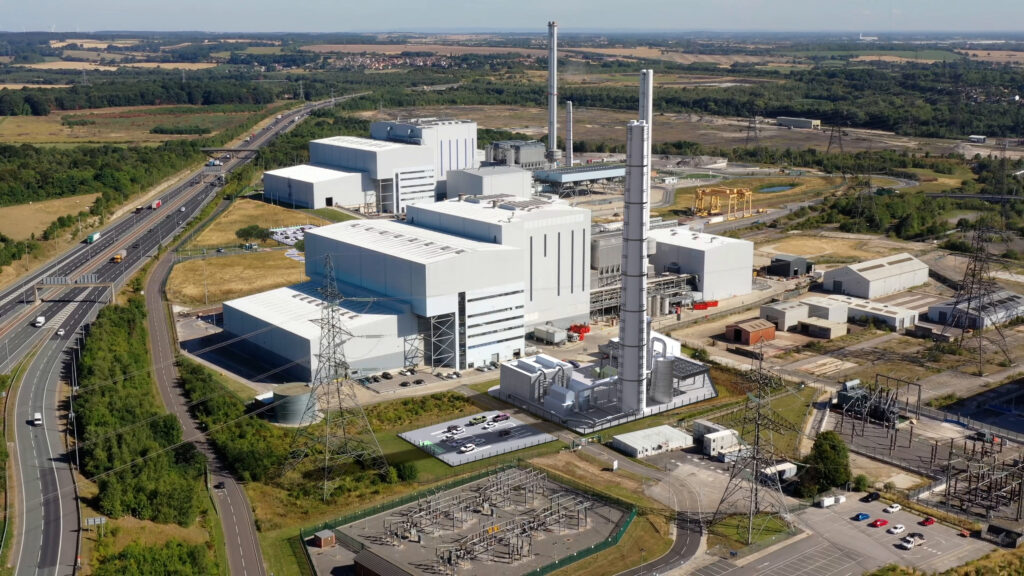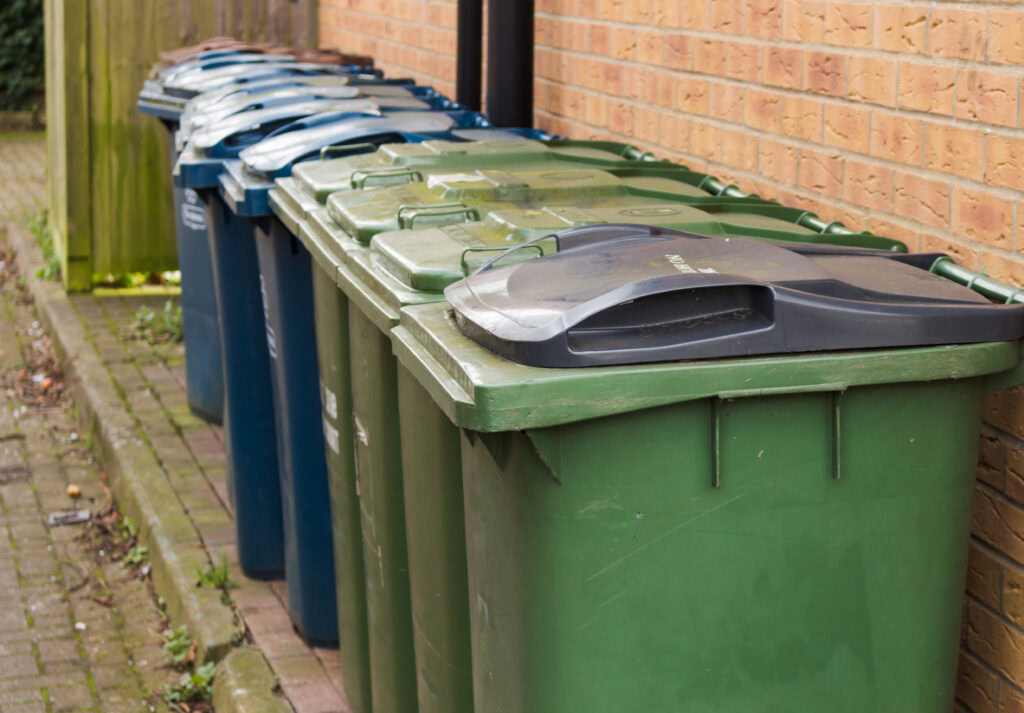Commissioned by the Department for Energy Security and Net Zero (DESNZ), the review, led by former minister Alan Whitehead, set out how technologies such as bioenergy with carbon capture and storage (BECCS) and waste-to-energy carbon capture (WECCS) could help the UK achieve net zero.
The report called for a “coordinated, long-term framework” linking waste and GGR policy, warning that current policy remains fragmented between departments.
It recommended an Office for Greenhouse Gas Removals to coordinate action across government and to bring together DESNZ, Defra and the Environment Agency under a single framework for waste-based GGRs.
The review also urged Defra to update the waste hierarchy to formally recognise the role of carbon sequestration alongside energy recovery for non-recyclable waste.
The government is expected to publish its formal response to the review later this year.
Support for plastic recycling
The review recommended that government should introduce measures to reduce the proportion of fossil-derived plastic going into EfW and instead build new domestic recycling infrastructure to handle that waste stream.
Doing so would increase the biogenic share of waste entering EfW plants and therefore enhance their ability to deliver greenhouse gas removals when fitted with carbon capture technology.
This recommendation comes at a time of instability for the plastics industry in the UK, following several facility closures such as Viridor’s Rochester and Avonmouth facilities, and Vanden Recycling’s Whittlesey plant.
Energy from Waste
For EfW, the review pointed to a “significant and near-term opportunity” to retrofit existing facilities with carbon capture technology, particularly those co-located near CO2 storage clusters.
Analysis by ERM found that converting suitable EfW plants could capture up to 11.8 million tonnes of CO2 annually, of which 6.3 million tonnes would be classified as genuine GGRs due to their biogenic origin.
If the entire UK EfW fleet were retrofitted with carbon capture and storage, the review estimated a potential capture of 20 million tonnes per year, roughly 11 million tonnes of which could count as greenhouse gas removals.
Enfinium CEO Mike Maudsley commented on the findings: “We welcome Dr Whitehead’s conclusion that high integrity carbon removals generated via waste to energy with carbon capture and storage (WECCS) are critical to helping the UK meet its net zero targets.
“Having trialled the UK’s first WECCS pilot plant, we look forward to working with government to develop WECCS at a commercial scale over the coming years, starting with our Parc Adfer CCS project in North Wales.’’
Bioenergy and anaerobic digestion
On bioenergy, the review urged ministers to prioritise GGR deployment based on UK sustainable feedstocks, particularly wastes and residue, rather than imported biomass.
It called for an “urgent review” of the economic case for extending support for waste-derived bioenergy, including waste wood, sawmill residues and poultry litter, especially after the Renewables Obligation Certificate (ROC) scheme ends in 2027.
Richard Coulson, Chair of the WRA’s Biomass Advocacy Group, said: “The message in the review is clear – if the government is serious about greenhouse gas removals and effective waste management, then it must look at providing transitional support for the waste wood biomass sector and fast-track non pipeline transport solutions.
“These plants have the potential to save 3.6 million tonnes a year of CO2 if retrofitted with GGRs, making a vital contribution to net zero, in addition to delivering renewable, baseload energy and providing an important environmental service.
“But this potential can only be unlocked if the government supports the sector to transition to BECCs before it is too late, and these valuable assets are lost.”
The review also called for new policies to give predictable routes to market and financial support for anaerobic digestion (AD).
It recommended that CO2 captured from biogas upgrading should be eligible for GGR support, arguing that AD could “simultaneously address waste management and removal targets” if adequately backed by government.








Subscribe for free